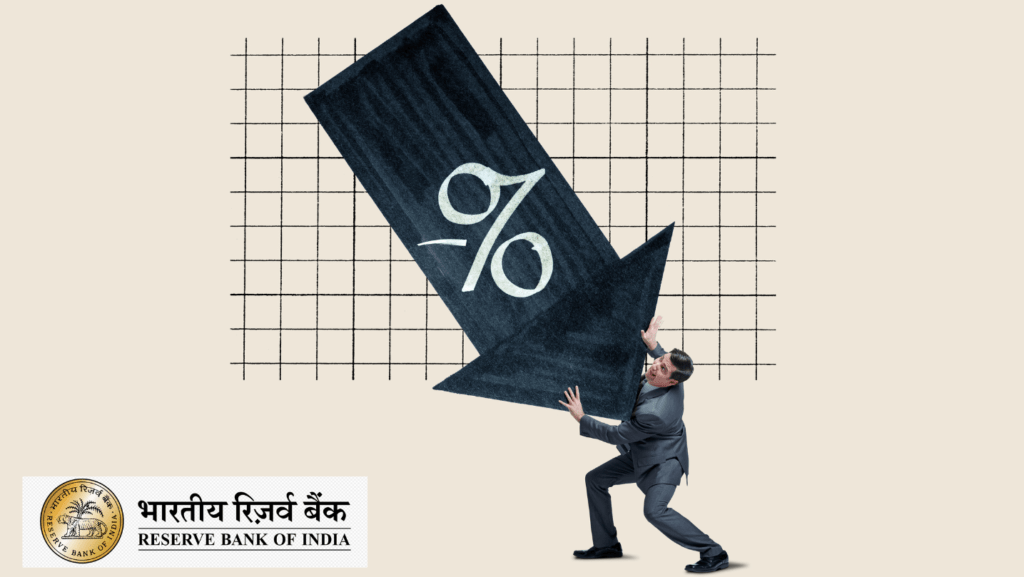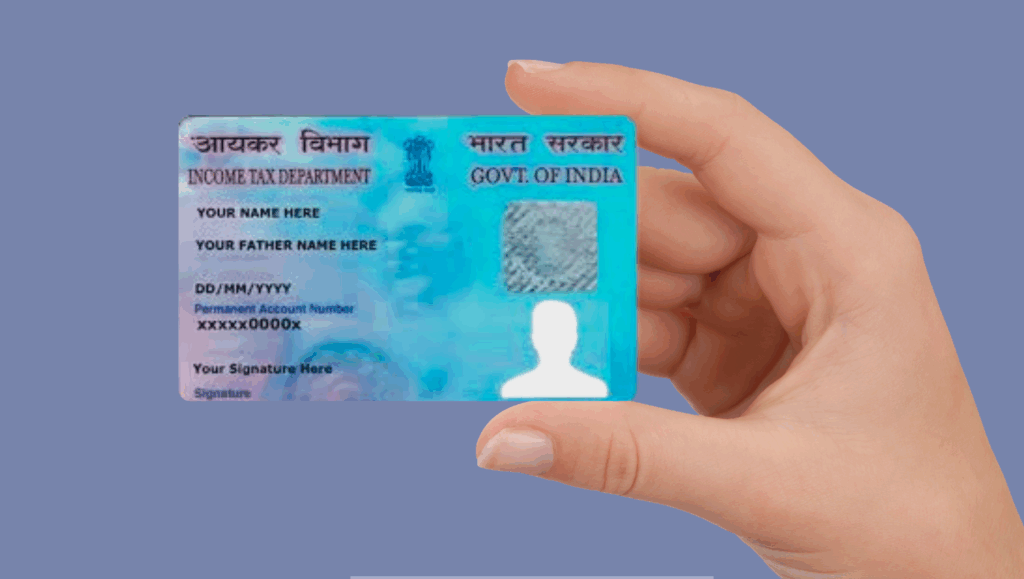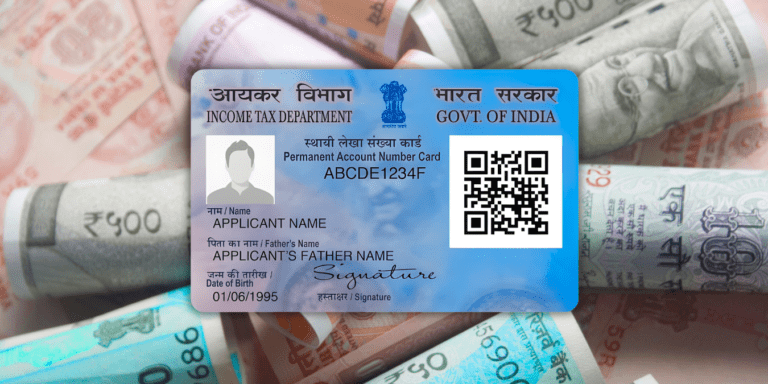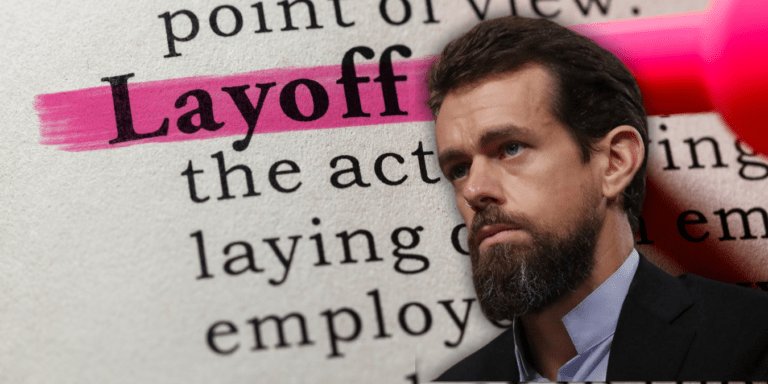
In a dramatic turn of events, German automotive giant Volkswagen has filed a lawsuit against the Indian government over an alleged tax demand of $1.4 billion. The company has described the demand as “impossibly enormous” and claims it is based on a misinterpretation of Indian tax laws. This legal battle has sent shockwaves through the automotive industry and raised questions about the complexities of international tax regulations. In this blog post, we will explore the details of the case, the implications for both Volkswagen and the Indian government, and what this means for foreign investors in India.
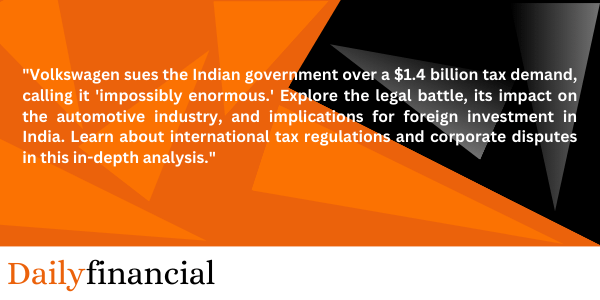
Background: The Genesis of the Dispute
Volkswagen’s Operations in India Volkswagen has been operating in India for several decades, establishing a strong presence through its subsidiaries, including Skoda Auto and Audi. The company has invested heavily in manufacturing facilities, research and development, and marketing to capture a significant share of the Indian automobile market.
India’s Tax Regulations India’s tax regulations for foreign companies are complex and have been a point of contention for many multinational corporations. The Indian government imposes various duties on imported goods, including Completely Knocked Down (CKD) kits and Completely Built Units (CBUs). CKD kits, which are partially assembled vehicles, attract lower import duties compared to fully assembled CBUs.
Previous Tax Disputes Volkswagen is not the first multinational corporation to face tax disputes in India. Other companies, such as Nokia and Vodafone, have also been involved in high-profile tax battles with the Indian government. These disputes often revolve around the interpretation of tax laws and the classification of imported goods.
The Tax Demand
Details of the $1.4 Billion Tax Demand The Indian government has issued a $1.4 billion tax demand to Volkswagen, alleging that the company misclassified its imports to evade higher duties. According to the authorities, Volkswagen imported nearly complete cars as individual parts, thereby paying lower customs duties applicable to CKD kits instead of the higher duties for CBUs.
Volkswagen’s Response Volkswagen has vehemently denied the allegations, stating that the classification of imports was done with government approval and in compliance with all necessary procedures. The company argues that the tax demand is not only legally unsustainable but also contradicts India’s own import tax regulations.
Legal Proceedings
Timeline of the Legal Battle The legal proceedings began in September 2024 when Volkswagen filed a lawsuit against the Indian government in the Bombay High Court. The case has seen several hearings, with both parties presenting their arguments. The next court date is scheduled for February 2025.
Volkswagen’s Argument: A Misinterpretation of Tax Laws
Volkswagen has vehemently denied the allegations, arguing that the tax demand is based on a misinterpretation of Indian tax laws. The company claims that the royalty payments were made in accordance with the terms of the Double Taxation Avoidance Agreement (DTAA) between India and Germany. Under the DTAA, royalty payments are subject to a lower rate of tax, and Volkswagen contends that it has complied with all relevant provisions.
In its lawsuit, Volkswagen has described the tax demand as “arbitrary” and “disproportionate,” arguing that it would have a severe impact on the company’s operations in India. The automaker has also raised concerns about the broader implications of the case, warning that it could deter foreign investment in India.
The Indian Government’s Stance: Protecting Revenue Interests
On the other hand, the Indian government has defended the tax demand, arguing that it is necessary to protect the country’s revenue interests. The government has pointed to the increasing trend of multinational corporations using complex tax structures to minimize their tax liabilities. In this context, the authorities have emphasized the need for strict enforcement of tax laws to ensure that companies pay their fair share.
The Indian tax authorities have also argued that the DTAA does not provide a blanket exemption for royalty payments and that each case must be assessed on its merits. They contend that Volkswagen’s royalty payments were not in line with the arm’s length principle, which requires that transactions between related parties be conducted as if they were between independent entities.
Implications for Volkswagen: Financial and Reputational Risks
The $1.4 billion tax demand represents a significant financial burden for Volkswagen, which is already grappling with the fallout from the Dieselgate scandal and the challenges posed by the COVID-19 pandemic. If the company is forced to pay the full amount, it could have a material impact on its financial performance and shareholder value.
Moreover, the legal battle could damage Volkswagen’s reputation in India, which is one of the world’s fastest-growing automotive markets. The company has invested heavily in building its brand and expanding its presence in the country, and the dispute could undermine its efforts to gain market share.
Implications for the Indian Government: Balancing Revenue and Investment
For the Indian government, the case presents a delicate balancing act. On the one hand, the authorities are under pressure to increase tax revenues and reduce the country’s fiscal deficit. On the other hand, they must be mindful of the potential impact on foreign investment, which is crucial for India’s economic growth.
The government has been actively promoting India as a destination for foreign investment, and the Volkswagen case could send mixed signals to potential investors. While the authorities are keen to demonstrate that they are serious about enforcing tax laws, they must also ensure that the regulatory environment remains conducive to business.
Broader Implications: A Test Case for International Tax Disputes
The Volkswagen case is being closely watched by multinational corporations and tax experts around the world, as it could set a precedent for how international tax disputes are resolved. The case highlights the challenges of navigating the complex web of tax treaties and domestic tax laws, particularly in emerging markets like India.
The outcome of the case could have far-reaching implications for the global automotive industry, as well as other sectors that rely on cross-border transactions. It could also influence the ongoing efforts to reform international tax rules, particularly in the context of the OECD’s Base Erosion and Profit Shifting (BEPS) initiative.
The Legal Process: What Happens Next?
The legal process in India can be lengthy and complex, and it is likely to be several years before the case is resolved. Volkswagen has filed its lawsuit in the Delhi High Court, which will now have to consider the merits of the case and determine whether the tax demand is justified.
In the meantime, Volkswagen has indicated that it is open to reaching a settlement with the Indian government. However, any settlement would need to be approved by the court, and it remains to be seen whether the two parties can find common ground.
A High-Stakes Battle with Global Implications
The legal battle between Volkswagen and the Indian government over the $1.4 billion tax demand is a high-stakes dispute with significant implications for both parties. For Volkswagen, the case represents a major financial and reputational risk, while for the Indian government, it is a test of its ability to balance revenue interests with the need to attract foreign investment.
The case also underscores the complexities of international tax regulations and the challenges faced by multinational corporations in navigating the global tax landscape. As the legal process unfolds, the outcome of the case will be closely watched by businesses, tax experts, and policymakers around the world.
In the meantime, the dispute serves as a reminder of the importance of understanding and complying with local tax laws, particularly in emerging markets like India. For companies operating in multiple jurisdictions, the case highlights the need for robust tax planning and risk management strategies to avoid costly disputes with tax authorities.
Final Thoughts
The legal battle between Volkswagen and the Indian government over the $1.4 billion tax demand is a significant development with far-reaching implications. As the case unfolds, it will be crucial to monitor its impact on Volkswagen’s operations, the broader business environment in India, and the future of foreign investment in the country. Resolving such disputes is essential for maintaining a favourable business climate and fostering economic growth. As the Volkswagen case continues to unfold, it will undoubtedly have a lasting impact on the automotive industry and the broader business community. Whether the outcome favours Volkswagen or the Indian government, the case will serve as a critical reference point for future tax disputes and international business operations. For now, all eyes are on the Delhi High Court as it prepares to weigh in on this landmark case.
-
Why Car Insurance Companies Are Now Tracking Your Driving Habits — And What You Can Do About It
Your car insurer knows where you were at midnight. They know you braked hard twice this week. And
-
Is Nvidia’s AI Dominance Finally Over? Why Google’s Multibillion-Dollar Chip Partnership With Meta Is the Biggest Threat Nvidia Has Ever Faced
Nvidia built a $3 trillion empire on AI chips. Now Meta just secretly signed a multibillion-dollar deal to
-
Block’s Bold AI Strategy Unveiled as Nasdaq Tumbles — One Company’s Growth Play Amid Market Chaos
Jack Dorsey just fired 4,000 people — and Wall Street cheered. While the Nasdaq bled red on inflation












